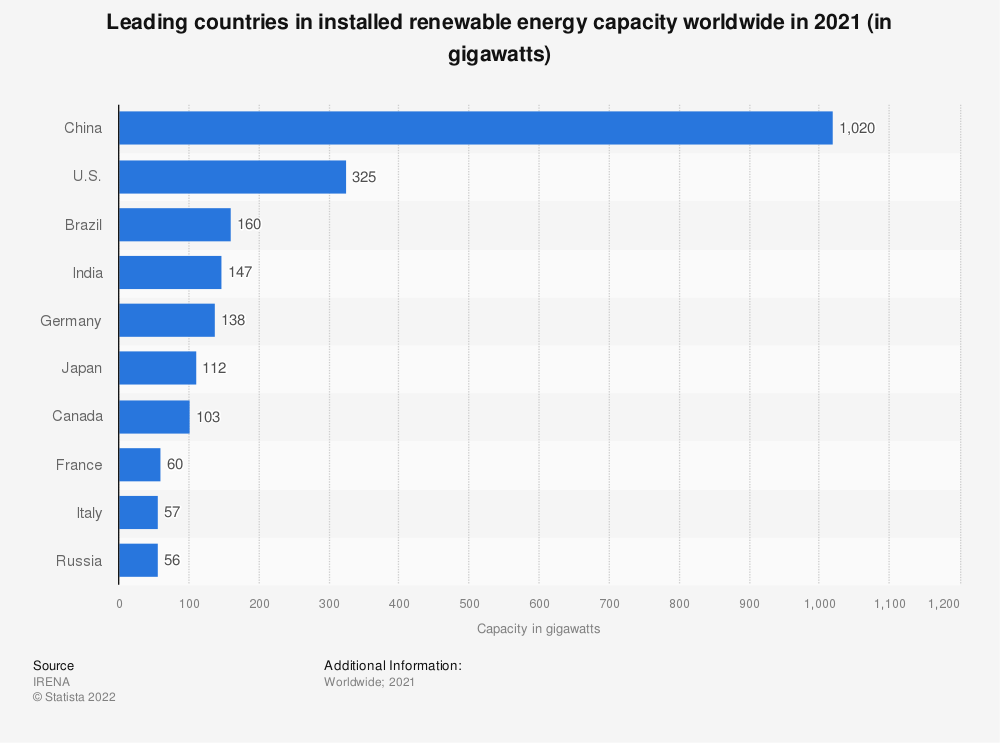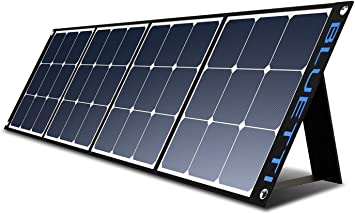
Massachusetts residents will be pleased to know that they have many tax incentives for solar power installations. Section 1603 grants to those who have installed solar power before December 31, 2011, is the first. This program, also known SREC, allows you to make money by selling the solar power you produce. In five to six year, your system will be fully paid off and you can continue to make income from it throughout its lifetime.
Tax credits
Massachusetts residents can get tax credits to help make their solar investment more affordable. The Solar Massachusetts Renewable Target (SMART), a state program that provides incentives to homeowners who install solar panels in their homes, is offered by the government. Customers who use solar panels to power their homes can receive monthly payments through this program. The program is sponsored, among others by Eversource and Massachusetts Department of Energy Resources. The goal of the program to generate at least 3,200 Megawatts of solar electricity in the state is the ultimate goal. To be eligible for the program, you will need to connect your system to one or more of the three state investor-owned utilities. There are different requirements for each utility and rebate amounts can vary.
Massachusetts also offers Solar Power Performance Pays. Also known as production incentives, These payments offer small cash amounts that are dependent on the actual performance and efficiency of your renewable energy system. This is a more cost-effective way to pay than if you are paying for your system's capacity. You can also get credit for electricity produced, which will help make your solar PV system profitable.

Exemptions from property tax
Property tax exemptions in Massachusetts are a great way for homeowners to save money on their tax bills. You must have lived in your home at least 1 year. There may be exemptions in certain cities or towns. However, not every homeowner will be eligible. Each municipality has its own requirements and tax collection periods.
A Form of List must be filed with your local board of assessors if you own any taxable personal property. This form must be submitted no later that March 1st, prior to the start or end of the fiscal calendar year. You must also file a Form of List if you own furnishings and effects and if you are a charitable organization.
You may be eligible for a tax exemption on both your personal and real property if you are a member or reserve of the Massachusetts National Guard or Reserve. Hingham, MA, recently approved a program to reduce taxes for military members and veterans. Get more information from your local assessor. If you are a Veteran, you might be eligible to get a reduced tax of up $1,500 for real or personal property.
State solar incentive program
The Massachusetts state-sponsored solar incentive program (SMART), recently was expanded to include additional customers in low-income communities. The incentives are calculated per-kWh generated by solar panels. Customers can expect to receive rebates on 20 to 35% of their total solar production, depending on their utility.

This program promotes the addition of 1.6 GW of solar power capacity in Massachusetts. The state has created eight 200-MW sequential tariffs. These are given on a first-come basis. The reimbursement for solar energy systems is determined by when you sign the contract. Massachusetts has an average of $950 per year in SMART payments for solar power systems.
The SMART program offers a variety of incentives that are designed to improve the profile of solar projects toward energy equity, distributed generator, and reliability. This program provides a spreadsheet tool that allows you to calculate incentives. The program requires solar projects to follow a net metering strategy. Massachusetts law requires that a solar project must generate less than 60 kW. The utility will offer a discount on the retail energy rate to compensate homeowners.